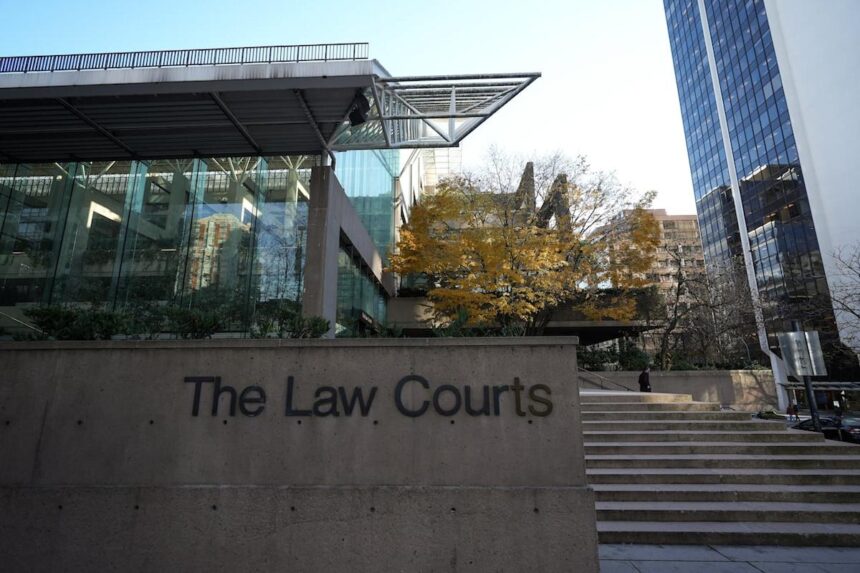A groundbreaking legal battle over involuntary psychiatric detention began this week as the British Columbia Supreme Court heard arguments in a constitutional challenge to the province’s Mental Health Act. The case, brought forward by the Council of Canadians with Disabilities and two individuals with lived experience, questions whether the law violates basic Charter rights by permitting indefinite detention without adequate safeguards.
“This case fundamentally asks whether people with mental health disabilities deserve the same legal protections as everyone else in our society,” said Laura Johnston, legal director for Health Justice, one of the organizations representing the plaintiffs. The challenge centers on provisions that allow for involuntary admissions and treatment without informed consent—practices critics argue create a two-tiered system of rights in Canada.
According to provincial data, over 20,000 British Columbians were involuntarily detained under the Mental Health Act in 2021-2022, representing a 79% increase over the past decade. Unlike other provinces, B.C. lacks mandatory independent legal reviews of detentions within the first week, leaving patients potentially detained for months without automatic review.
The petitioners argue the legislation violates multiple sections of the Canadian Charter of Rights and Freedoms, including protection against arbitrary detention and the right to equal treatment under the law. “We’re not seeking to eliminate involuntary care,” Johnston emphasized, “but rather to ensure it respects Charter rights and provides appropriate safeguards.”
Melanie Benard from the Canadian Mental Health Association told CO24 that psychiatric detention without rigorous oversight can cause lasting trauma. “Being held against your will, potentially medicated without consent, and having no clear recourse—these experiences can fundamentally undermine trust in the healthcare system,” she explained.
The province maintains the legislation serves a vital purpose in protecting vulnerable individuals and the public. Government lawyers argued that psychiatric detention differs fundamentally from criminal detention and requires different legal approaches. They contend existing safeguards, including the right to request review board hearings, provide sufficient protection.
Healthcare providers have expressed mixed views on the challenge. Some worry reforms might hamper their ability to help patients in crisis, while others acknowledge the need for stronger protections. Dr. Sarah Chen, a psychiatrist not involved in the case, noted, “We need a balanced approach that protects both patient autonomy and ensures access to necessary care during mental health emergencies.”
The case has drawn attention from human rights organizations across Canada, with many filing interventions supporting the challenge. Disability advocates point out that B.C.’s law falls short of international human rights standards, including the UN Convention on the Rights of Persons with Disabilities, which Canada has ratified.
Community mental health experts suggest alternative approaches focusing on voluntary engagement, peer support, and trauma-informed care could reduce reliance on coercive measures. “When people feel respected and involved in their care decisions, outcomes improve dramatically,” said Michael Torres, who leads a community mental health program in Vancouver.
The court’s decision could have far-reaching implications for mental health legislation across Canada. Legal experts suggest the case might eventually reach the Supreme Court of Canada, potentially transforming how psychiatric care is delivered nationwide.
As this landmark case unfolds in B.C.’s highest court, a fundamental question hangs in the balance: can we build a mental health system that provides necessary care while respecting the fundamental rights and dignity of those it aims to serve?










